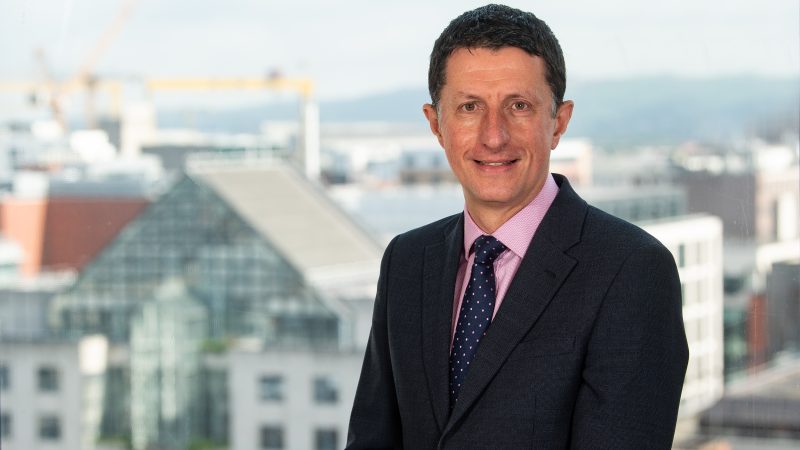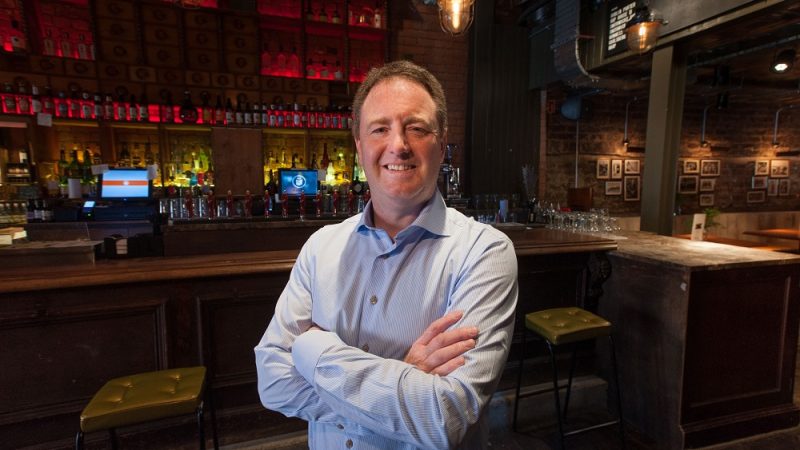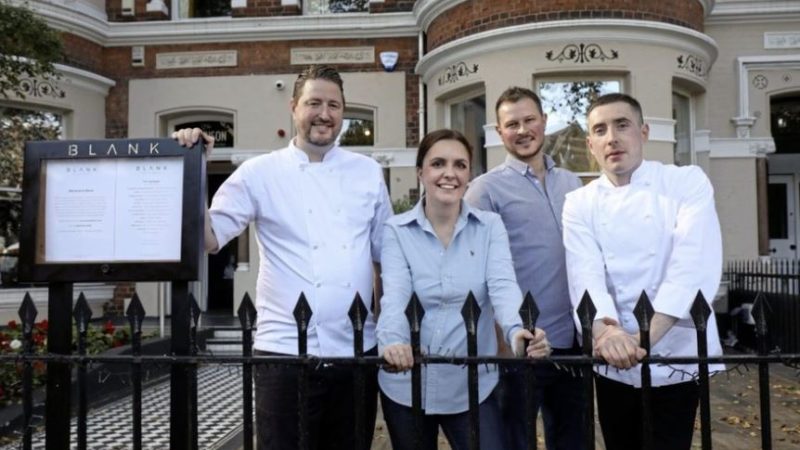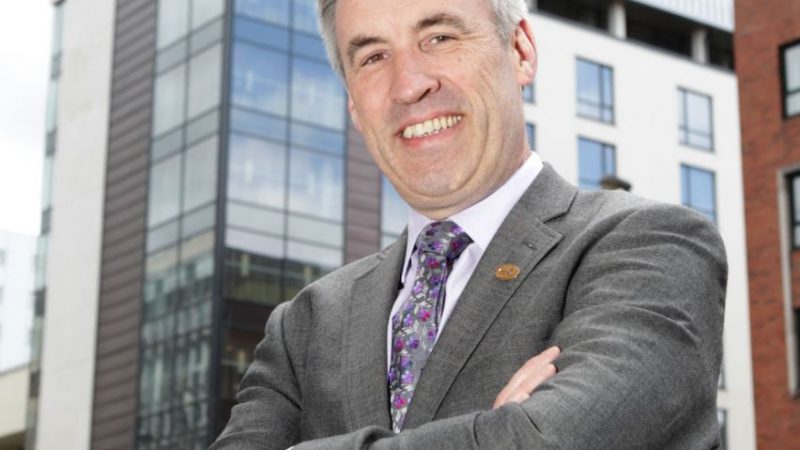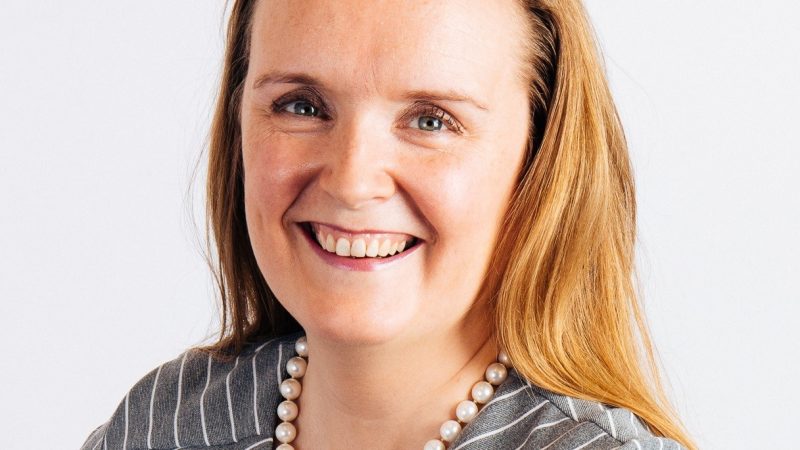An issue with culture

An effective kitchen culture isn’t a matter of scale, says Mark Anderson, it’s about taking ownership and bringing your staff along with you…
‘Culture is a word that gets bandied around in kitchens all the time, but you really need to live it so that you can actually stand over the things that you’re saying…’
Chef Mark Anderson is culinary director with burgeoning Irish corporate caterers, Gather & Gather. He’s part of a process which, every day, delivers more than 5000 meals to workers in the city of Dublin alone.
Yet, he believes that scale has no bearing when it comes to ethics and the guiding principles that essentially decide how a chef and his staff approach the sourcing and preparation of their menus. There’s no reason, he says, that Gather & Gather kitchens can’t be just as concerned about issues such as work/life balance, provenance and food waste as the staff at a small, high-end eatery anywhere in the country.
Speaking to LCN this month, Dublin-born Anderson (48), recalled attending a symposium by renowned Irish chef, JP McMahon called ‘Food on the edge’.
‘It blew me away,’ he says. ‘They talked about some of the best chefs in the world and how they’d adapted and innovated in their own kitchens. To me, that’s something that you have to live and breathe. You can introduce a set a values into your kitchen, but what incentive is there for everyone else to live up to that?’
Ownership, he contends, is the key to fostering a successful kitchen culture. When you take accountability, he says, you are demonstrating to everyone your willingness to engage with the values that you expect others to live up to.
In an exercise with a client some years ago, Mark asked people at every level in the kitchen to supply 10 aspirational words which, for them, described what a kitchen should be. Then, he and his executive chef picked their top 10 and these words were framed and mounted in the kitchen. They became an agreed mission statement to which everyone that worked there could subscribe.
Mark Anderson has been in hospitality all his life. After attending catering college in Dublin he embarked on seven or eight years of travel in a bid to garner experience and ‘see what was out there’. After stints in a variety of kitchens in the US, Scotland and England, he returned to Ireland in 1998 and almost immediately, took a position as sous chef at the Herbert Park hotel in Ballsbridge.
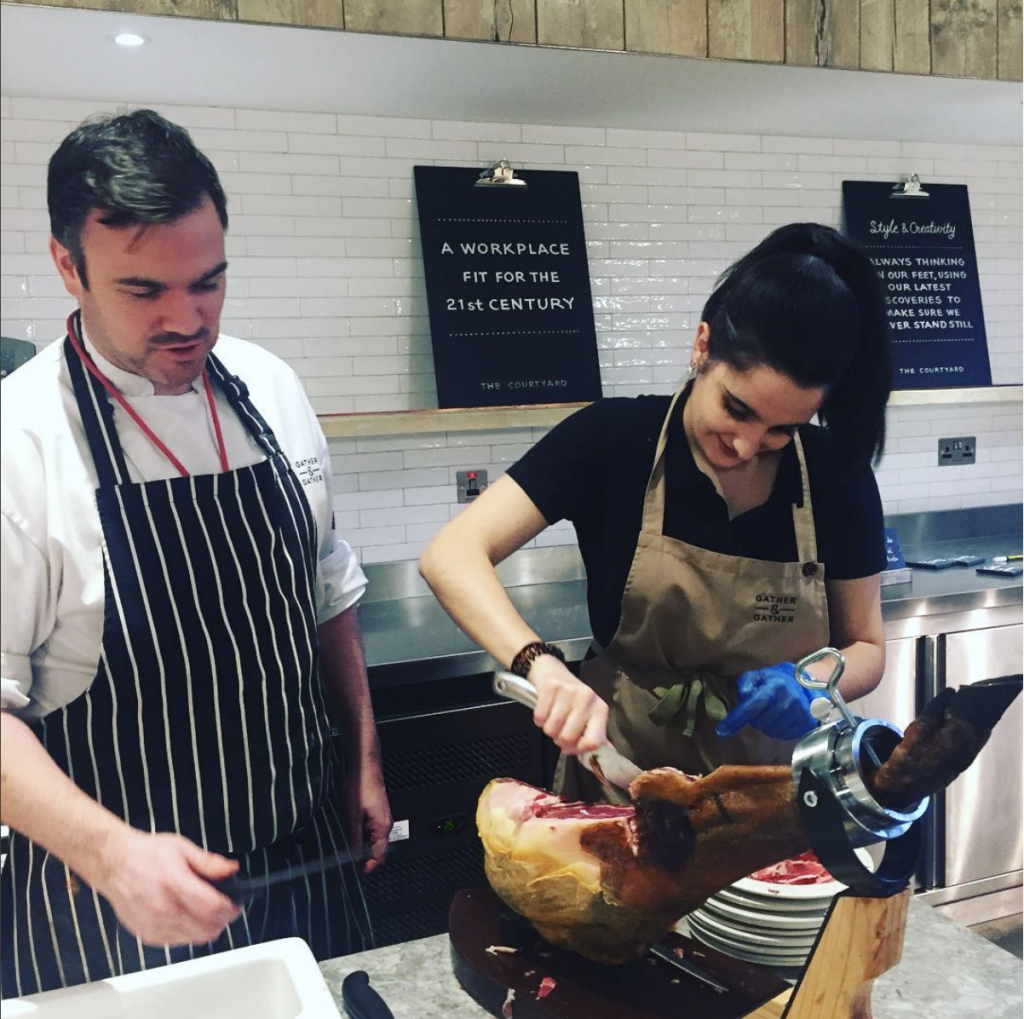
His first brush with corporate catering came about 15 years ago when he accepted a post with the Compass Group. He move to Gather & Gather about four years ago – at that time, a much smaller concern than the sprawling corporate he was leaving behind:
‘I saw that as a good thing,’ he remarks. ‘They offered me the chance to come in and do a food programme in the way that I thought it should be done. That was a great opportunity and I took it.’
Gather & Gather currently works at around 270 sites in the UK and Ireland and like everyone in the modern foodservice environment, they deal daily with issues such as work/life balance, the need for increased sustainability in the kitchen and, of course, a widespread shortage of skilled labour.
‘This trade just isn’t seen as being as appealing as it used to be and there are stories that go out at times that probably don’t help that situation,’ says Anderson. ‘Part of our approach has been to start our own training programme in which we take kitchen porters and give them the opportunity to go through and get a level five BTEC qualification in basic cooking skills. From that, they qualify as commis chefs and they are guaranteed a chef’s job at the end of that year.’
Anderson knows that when it comes to establishing a kitchen culture, issues such as sustainability can’t be ignored. Food waste has become a major issue for chefs at all levels and commercial cooking isn’t an exact science, so no matter how experienced a chef is, he or she can’t know how much food will find its way back into their kitchen.
According to Anderson, a holistic approach is necessary. Chefs don’t just need to know what is potentially being wasted and how much of it there is, they also need to have a logical and sustainable approach to dealing with that food once it’s back in the kitchen.
‘You might tell me that you have no wastage in your kitchen, but show me what you’re actually doing with your left-over food,’ says Anderson.
One approach that he’s employed in the past involved engaging directly with a client over waste:
‘We piled all the food waste up from one day and took it out to the middle of the canteen,’ he says. ‘ That had an immediate visual impact and people were shocked when they saw the amount of food being wasted…At that particularly site, food waste has now dropped to less than three per cent of the food that we’re producing, but it’s something that we are always learning about.’
Also, Gather & Gather grows many of its own herbs in a rooftop garden and it sources fresh vegetables from a charity in Dublin, paying market rates for the produce.
All of that comes back directly to kitchen culture, says Anderson. Gather & Gather wants to be able to attract chefs from the best kitchens in the country and to do that, it needs to break the mould around popular perceptions of corporate catering.
‘It’s a challenge,’ agrees Anderson. ‘How do we get these talented people to come and work in the catering industry in Ireland? One of the other things that we do is, we offer them full creativity. They write all their own menus, we don’t issue them with centralised menus.
‘We do all this because we want our chefs to be proud of their kitchens and to show them off to the rest of the industry. That’s at the heart of our whole approach.’
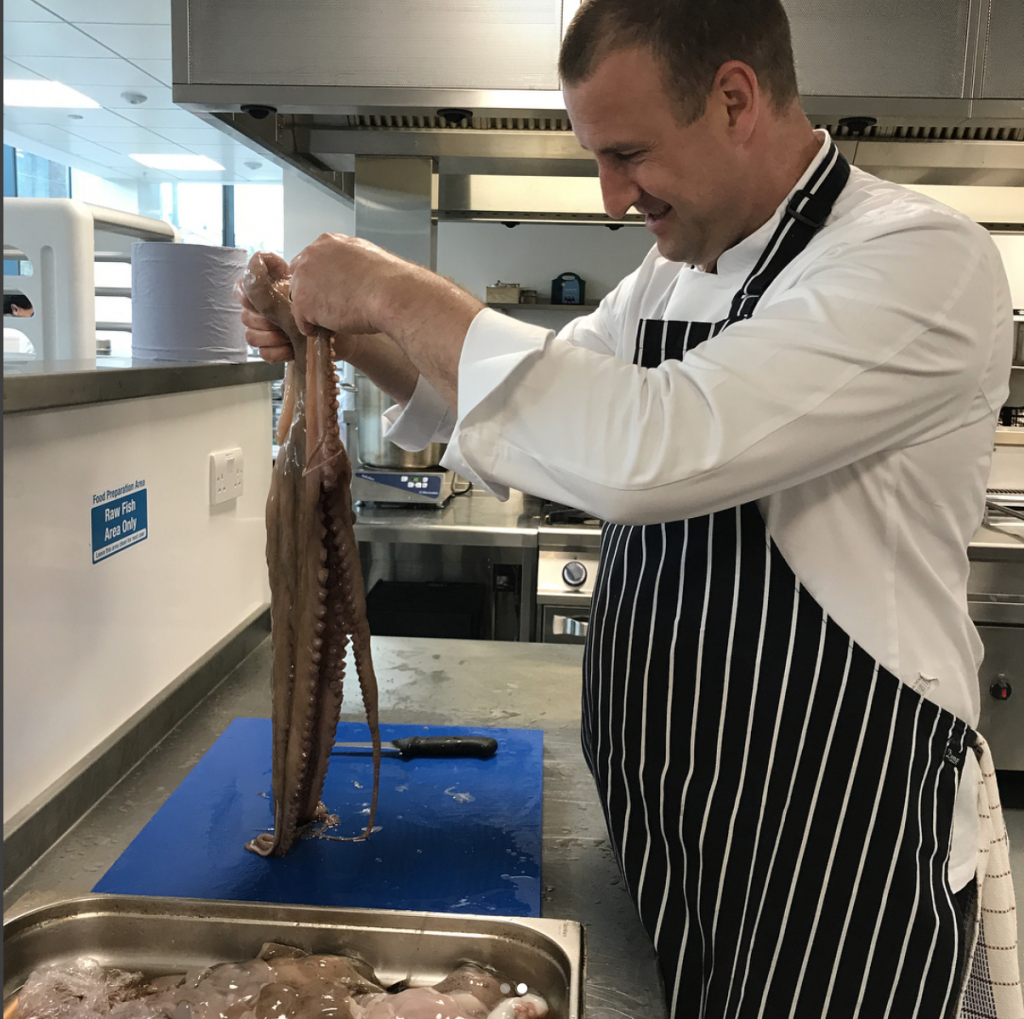
Mark Anderson says he has ‘the greatest job in the world’.
‘I’m very lucky and in the latter years, I’ve never had to apply for the jobs that I’ve had,’ he adds. ‘And I’ve got to do some amazing things, like cooking breakfast and lunch in the Empire State Building on St. Patrick’s Day.’
As for the future, he’s not planning radical change:
‘There’s lots more for us still to do at Gather & Gather,’ he remarks. ‘We want people to know that we produce great food and develop great people. That’s the legacy that I want myself and the chefs who work with me to leave behind.
‘But ambitious growth over the last four years or so has produced its own challenges and keeping our balance while we grow is what we have to focus on, so that when we grow again we have the right people around us who can protect our ethos and what Gather & Gather is all about, which is being just that little bit different from everyone else.’



